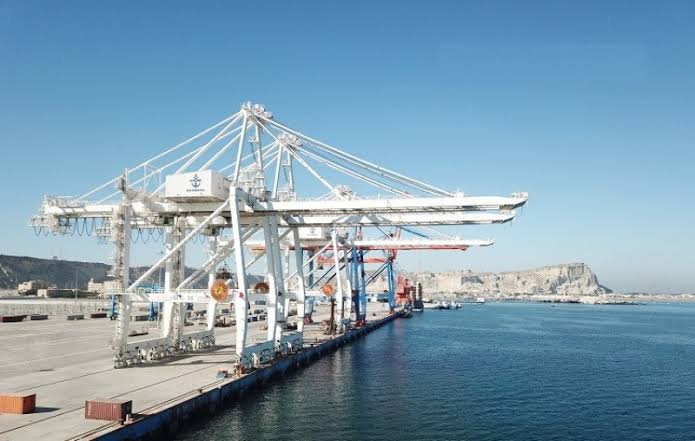Different Tales Of Gwadar Port And Chabahar Port Projects

Pakistan’s Gwadar port project faces a number of difficulties when it comes to efficiency as trade hub and the extent to which new markets or routes can be unlocked. The surrounding region of Baluchistan has harsh climate making it inhospitable.
Water shortage, extreme heat and deficient rainfall are some of the factors that affect the economic activities that can be carried out. The local population of Pakistan believes that the project is only beneficial to China and Pakistani elite and causes difficulties and hardships for the people in the Baluchistan province.
The project also faces a looming threat of violence due to the existing insurgency in Baluchistan. Earlier, hundreds of Chinese fishing trawlers amassed at the Gwadar port in Pakistan’s Baluchistan, posing a threat to the livelihoods of thousands of fishermen in the province. Due to interference by the Chinese ships, lakhs of fishermen are on the verge of unemployment and several families will be adversely affected by Chinese trawlers in the port. Due to the situation, the fishermen would become increasingly dependent on the outside forces for their employment and their livelihoods will be destroyed.
Hundreds of people in Pakistan’s Gwadar had earlier staged a demonstration against illegal fishing by Chinese trawlers.
Studies were carried out by China’s Henan Normal University which highlighted the security risks in the province and the need to improve the local population’s perception of China in order to prevent attacks on projects and their management.
Thus Chabahar port of Iran and Gwadar port of Pakistan, being only 70 km away from each other on the Arabian sea, share many geographical similarities and advantages, however, they do not necessarily share a similar outlook. Though the two ports have emerged as silver lining for their nations to develop into a regional commercial hub.
Meanwhile, Iran’s Chabahar Port project is collaborative allowing different trade routes to develop while emerging as a regional commercial hub. Its collaborative nature has facilitated trade and trade partnerships. Afghanistan’s trade with India is one such example.
The port allows for increased regional connectivity and trading initiatives between the Central Asian countries.
In the incipient Chabahar Port, Afghanistan has finally found an avenue for hope. The Chabahar Port in Iran is well connected to Zabul province in Afghanistan, which is accessible via the Delaram-Zaranj route, allowing Afghanistan an alternative access point to the Arabian Sea and the Persian Gulf, and freeing Afghans from dependence on unstable Pakistani routes.
Notably, the Gwadar Port is a part of China’s Belt and Road Initiative (BRI) and is funded by China.
According to the US 2020 Fiscal Transparency Report by the US State Department, the details of Pakistan’s debt obligations including debt to state-owned enterprises for the China Pakistan Economic Corridor (CPEC) were not revealed by the country. The CPEC also extended contracts to the firms blacklisted by the World Bank.
Even though a good strategic location is necessary for a commercial hub, it is not only factor that contributes to its success. Financial and political stability are both essential for the success of a commercial hub.




